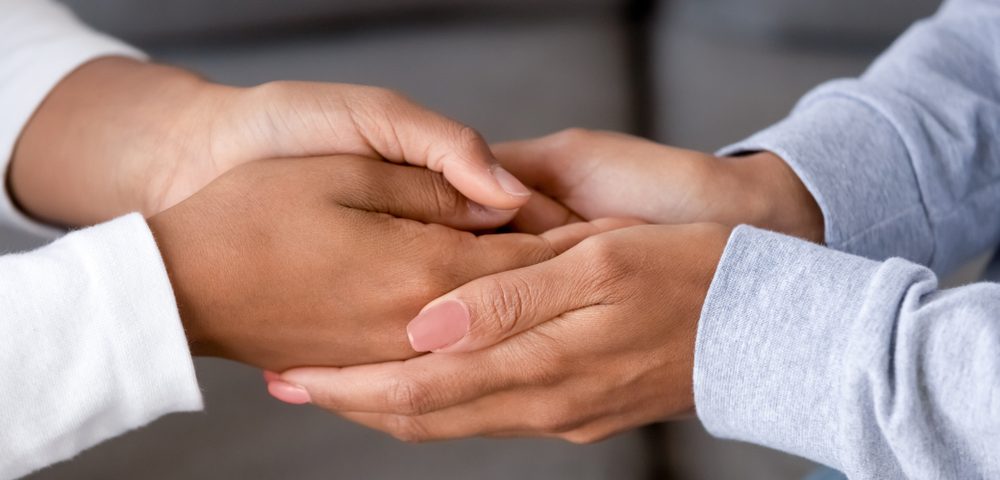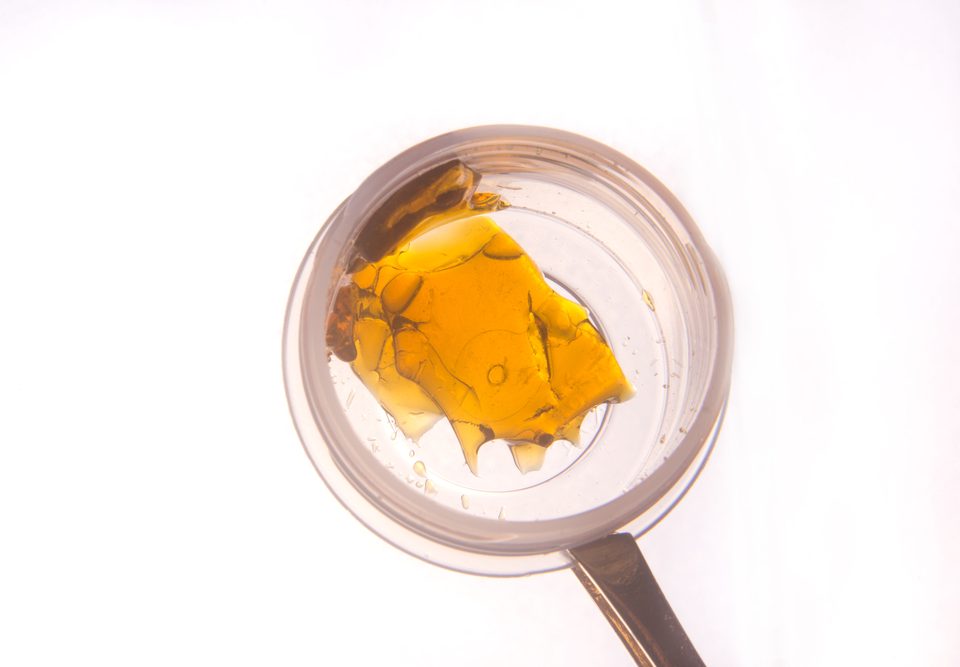
Why Are We Vaccine Hesitant and Who Shall We Go to for Advice?
January 30, 2020
What’s Trending
January 30, 2020
Finding out your child is using drugs or may be using drugs is a scary thing. It is a hard topic to talk about with your kids, and if you only have suspicions (and no actual proof), it may lead to a full-blown argument for no reason.
Take a Breath
Your first reaction to finding out your child may be using drugs could understandably be one of disappointment and anger. However, in order to have a productive and effective conversation with your child, it would be best to take some time and assess the entire situation first, before immediately reacting. Try talking to your partner before confronting your child. To reduce the chance of the child running from one parent to the other trying to get a different reaction, it is best if both parents are on the same page.
How to Approach Your Child
When you finally decide to confront your child about their possible drug use, there is a good chance they will become extremely defensive. For this reason, try hard to approach the subject with non-judgemental curiosity. Ask them questions, but also try to keep an open mind and keep your questions and tone curious, rather than accusatory. An approach based on punishment will most likely result in your child shutting down rather than opening up about the problem.
What if You Know They Are Using or They Admit to It?
If your child opens up and admits to using drugs, lecturing your child most likely won’t help. Instead, try to understand why your child turned to drugs. Ask yourself if you have noticed any acting out or unusual behavior, and question if their drug use could be linked to mental problems or rebellion.
It may be helpful to understand what your child is getting from using drugs. Here are some useful questions from the Center on Addiction that can help push the conversation forward:
What do you think is good about using drugs?
Is there anything you worry about related to drugs?
What do you know about the risks of drug use?
What is it you think we (parents) do not understand about drug use?
By having an open conversation with your child rather than an argument, they will be more inclined to share about their drug use and may be more open to getting help.
Non-effective Methods and What to do Instead
According to the Center on Addiction, it is nearly impossible to prevent and stop teen drug use without a strong and loving family environment. Sometimes parents think anger, punishment, detachment, and allowing their child to fail and hit rock bottom are effective strategies, but these are going to do more harm to your child than good. Even if you do not like the behaviors your child is partaking in, loving and caring for them will be essential to their well being as well as their recovery process.
It may be helpful to link your child’s non-using behaviors to rewards so they understand their life has positivity in other areas not linked to drugs. This is an easy way to encourage healthier behaviors directly, while hopefully indirectly discouraging the competing, negative behavior.
- https://drugfree.org/article/prepare-to-take-action/
- https://www.centeronaddiction.org/the-buzz-blog/family-therapist-weighs-what-say-if-you-discover-your-child-using-drugs
- https://drugfree.org/how-to-confront-your-child-about-drug-use-understand-reasons-why-help-them-get-support/#pot
https://drugfree.org/article/skills-to-help-your-child-and-family-heal/
MASK the Parenting Magazine a quarterly publication providing solutions for Today’s Families.
The parenting manual offering solutions to the modern-day challenges families face. From Pre-K
through College stay up to date on the modern day issues families face.
Are you up to date on the issues your child is facing?
MASK Mothers Awareness on School-age Kids offers parenting solutions for today’s families. MASK tackles important topics – from drugs and alcohol to bullying and Internet safety -and gives students, parents and the community the knowledge and tools to manage these potential challenges.
Subscribe today! https://www.maskmatters.org/product/mask-the-magazine/
Download and share the MASKmatters app now! Made for children, parents, teachers and in Spanish.
Have solutions at your fingertips
Available free on apple and google play links below
Apple https://apps.apple.com/us/app/maskmatters/id1482305692
Google Play
https://play.google.com/store/apps/details?id=com.maskmatters.maskmattersapp&hl=en_US&gl=US




